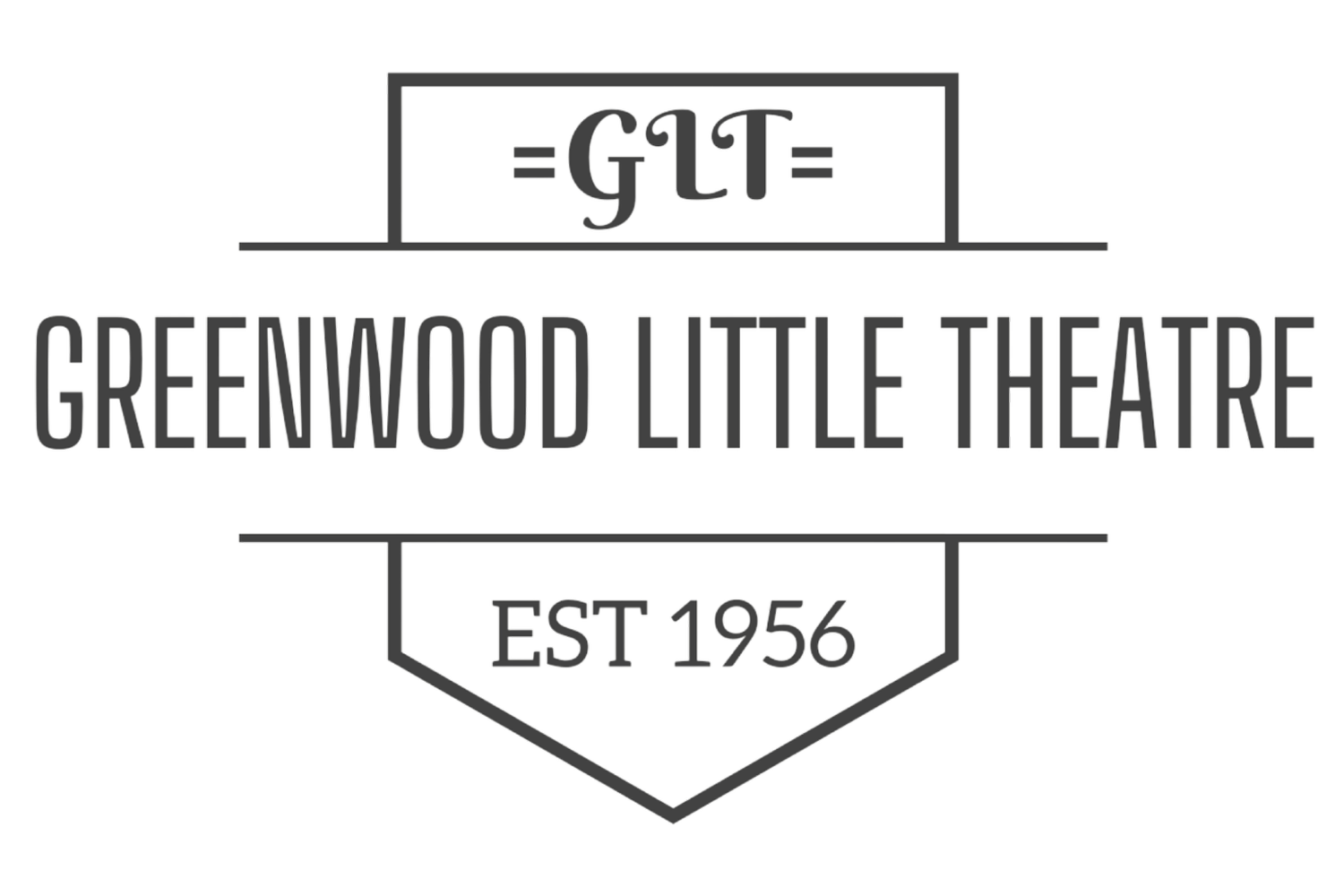Greenwood Little Theatre kicks off new season
The Greenwood Little Theatre will open its 2017-18 season with “No Exit.”
The 1944 existentialist French play written by Jean-Paul Sartre and adapted for American audiences by Paul Bowles features drama and comedy, said the play’s director, Nichole Henry.
“It’s a dramedy,” she said. “It has smart humor, some slight physical comedy and quick-wit remarks, but it’s also very poignant. It’s written the way people talk. If I’m in a serious situation, humor is my go-to, and that’s sort of the way it is with this play.”
In “No Exit,” three damned souls, Vincent Cradeau, Ines Serrano and Estelle Rigault, are brought to the same room in hell and locked inside by a mysterious valet. They had all expected medieval torture devices to punish them for eternity but instead find themselves in a plain, furnished room.
“They find out each other’s weaknesses and what they did to be sent there, and they use that against each other,” said Henry. “They are actually the torturers of each other.”
This is Henry’s first time to direct a Greenwood Little Theatre play. She has directed two other plays and been involved with about 30 productions. A Greenwood native, Henry began acting at the Little Theatre when she was in the 10th grade.
Henry said she co-directed a production of “No Exit” in Little Rock, Arkansas.
“I really loved it and thought it would be really neat to do here,” she said.
The play has a small cast of four people. It has one act and one scene and lasts about an hour and 20 minutes with no intermission.
“It delves into what your biggest insecurities are and your worst fears and someone using that against you,” said Henry. “That would be a personal hell.”
Henry said the play is simple — no flashing lights or music, just words spoken by the actors.
“I think with that, it really lets them shine and do their thing,” she said.
Starring in the play are veteran actors Cheryl Weiss and Katelin Roberts and also Rachel Hurst and J.T. Hurst, who are both new to the stage.
“I think I made good choices. They are doing a great job,” said Henry. “I love a small group, because you really get to see everything come together.”
After debuting in the 1940s, “No Exit” was a critical success and widely praised.
Upon its 1946 American premiere at the Biltmore Theatre, critic Stark Young wrote a review in The New Republic magazine that described the play as a must-see and “a phenomenon of the modern theatre.”
The play is the source of Sartre’s famous, and often misinterpreted, quote “Hell is other people,” which is a referring to viewing oneself from the view of another consciousness.
Henry said the play gives a different perspective of hell.
“You’re always told of fire, brimstone and torture, and so I think it makes hell a little bit scarier, depending on who you are, being stuck in a room for eternity with two people who you can’t stand,” she said. “That sounds horrible. For some, mental and emotional torture would be way worse.”
Henry said she feels that the characters in “No Exit” are each looking for validation.
“They want to think they weren’t as bad as they were,” she said. “All three of the main characters have that nice side and they have that bad side, so you kind of feel sorry for them at first. Then, you hear what they did and you think, ‘I don’t like these people.’ But toward the end, you start to feel sorry for them again.”
Henry said she has always wanted to direct a Greenwood Little Theatre play, and the experience has been a great one.
“I’ve enjoyed doing it,” she said. “It’s really neat reading the play and then seeing them up there doing it — seeing my dream come to life.”
“No Exit” contains content that is not suitable for children.
The show is free for current Greenwood Little Theatre members. Tickets for non-members cost $10 for students (age 21 and younger) and $15 for adults. Visit greenwoodlittletheatre.com or call or text (662) 947-1075 to reserve seats.
